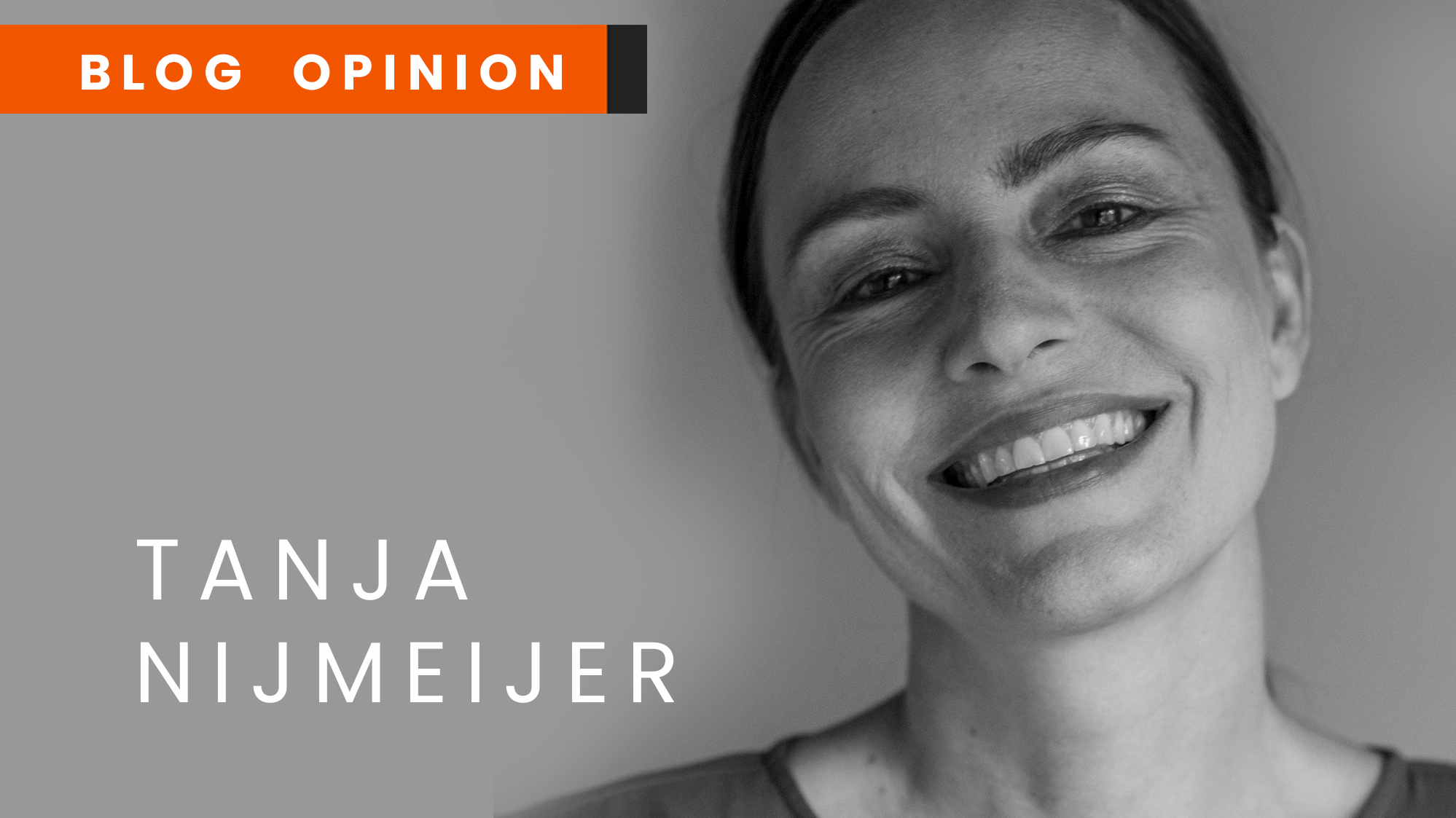Recently in Colombia, there was a public scandal around a man who was about to be appointed ambassador to the United Arab Emirates by Petro’s government. Several women vented their indignation testifying about power and sexual abuse in the past when he was a university professor. The scandal was short but huge, media took sides, feminist organizations raised their voices, women on social media expressed their support, and said man declined the job as ambassador, “without accepting guild” while declaring that “the struggle against the inquisition will continue”. But still, he declined.
In the Netherlands, there was another, similar affair around a congressman from a leftist party accused by several women of sexual and power abuse. The party decided on an independent investigation by an external agency, which concluded there were sufficient grounds for the women to be believed. A few months later, the party retracted and offered the guy public excuses. Most media, society, and politics chose the side of the man, dismissing the women as hysterical, lying exes with psychological problems. Dutch feminist organizations? Invisible.
Perhaps here in Latin America, in general, women stay in solidarity with each other because of the obvious harsh conditions in terms of patriarchy and oppression of women in all spheres, while in the Netherlands (don’t know the rest of Europe) not. In the we-are-soooo-rational Netherlands, it is not enough for women to have the courage to denounce gender-based violence, no, THEY HAVE TO PROOF IT. But even when it IS proven – by an independent agency – the media (and thus society) choose the side of the man. Because yeah, he is “just” a womanizer accused by ridiculous, jealous exes.
Here are two rules I have been taught in Latin America these years (admittedly, I have been a pig-head myself sometimes in these issues):
Rule #1: the victim is to be believed, especially when power relations are involved. Very few people denounce any kind of abuse out of vengeance or jealousy. There is no need for independent investigations because it is generally extremely difficult to prove gender-based violence. It can be quite subtle and still cause a significant impact.
Rule #2: “Politics is personal, the personal is political”. This means, in this case, that it is ridiculous to limit the debate around the question if things happened “in the private sphere”, and if so, good to go for working in the public sphere. It doesn’t work like that. Politics is personal, the personal is political.
